Imagine submitting a claim with confidence, only for it to be denied; frustrating, right? But don’t worry; understanding the reasons behind the most common denials in medical billing can help you build a track record for quick reimbursements. Delayed payments, administrative headaches, and lost revenue are not pleasant situations for healthcare providers or a medical billing specialist. From coding errors to missing information, medical billing denials can occur for many reasons. Let’s break them down so you can avoid costly mistakes.
Table of Contents
What Are Medical Billing Denials?
If an insurance company doesn’t process or pay a provider’s claim. This is called medical billing denial. A denial means the insurance company reviewed the claim but decided not to pay for it. Some of the major issues with the denials are incorrect information, coding errors, or missing documentation. Basic information about reasons for claim denial is crucial for streamlining the process of revenue management.

Top Medical Billing Denials
In this section, we explore the most common claim denials in the healthcare industry and the associated denial codes in medical billing.
1. Non-Covered Services
When a claim is denied because the patient’s insurance plan does not cover the service, it can be very upsetting both for the patients and the administration. However, what if you could lessen the possibility of these failures while maintaining a steady flow of earnings?
When the insurer concludes that the service rendered is not covered by the patient’s policy, CO-20 denials take place. These could be services that aren’t covered by the plan, experimental therapies, or elective operations. Additional administrative work is required for claim resubmission and to recover the lost revenue.
Reducing CO-20 denials will boost satisfaction among patients, improve the financial health of your practice, and ensure that you are compensated for the services you render.
2. Inaccurate Patient Information
Consider the following situation: a patient receives excellent care from a healthcare professional, but the claim is rejected by the insurance company. Why? A straightforward misspelling of the patient’s name or an inaccurate birthdate is one of the common billing mistakes. Although it might seem insignificant, errors like this occur more frequently than you might imagine and can give billing staff a lot of trouble.
Denial Code: CO-16 Insufficient Details in the Claim is one of the most common denial codes in medical billing.
This denial code is a warning notice that the claim is lacking or inaccurate in some crucial way. It typically indicates mistakes in patient demographics, such as:
- Names that are misspelled
- Inaccurate birth dates
- Incorrect insurance policy numbers
These small mistakes can result in significant payment delays and unnecessary back and forth with insurance providers.
3. Coding Errors
Coding errors are among the most frequent reasons medical claims are denied. Cash flow problems, patient annoyance, and payment delays can all result from a single inaccurate code. However, what if your group was able to cut these denials by more than 40%? Adopting AI-driven coding tools that cross-check faults in real time and upskilling your coders are the corrective measures.
Advantages:
- Quicker approvals
- High profitability
- Satisfied patients
Don’t allow mistakes to hinder your practice.Invest in advanced coding solutions right now!
4. Authorization and Pre-Certification Issues
Have you ever had a CO-197 (pre-certification required) denial? That’s not the case with you only! When claims are denied because prior authorization is missing, many healthcare providers encounter this difficulty. Sadly, these rejections may interfere with your revenue cycle, leading to increased administrative workloads and payment delays.
For some procedures, insurance companies need pre-authorization to make sure the service is covered before it is performed.
Tip: To avoid denials before they occur, collaborate with a medical billing solution that provides automated pre-authorization checks! Avoid allowing CO-197 to negatively impact the revenue of your practice. To stay ahead, take action today!
5. Duplicate Claims
A CO-18 denial indicates that your claim was identified as a “duplicate submission.” Although it may seem like a small concern, it can result in major payment delays.
When follow-ups aren’t adequately recorded or submissions are poorly tracked, duplicate claims frequently occur. Payers may become confused if you submit the same claim twice, which could lead to denials and trouble for your team.
Tip: Every submission is distinct and monitored throughout the invoicing cycle thanks to automated claim management solutions.
6. Coordination of Benefits (COB) Confusion
A patient can have more than one insurance policy; an expert team of medical billing must have information about the primary payer of the patient. If claims are submitted to the wrong payer, such kinds of medical billing errors lead to rejections of claims.
For instance, a service is taken by a patient having private insurance and Medicare insurance. One must evaluate a primary payer; otherwise, submitting a claim to a secondary payer will result in claim rejection.
Practice to follow: Evaluate detailed COB information of the patient before submitting a claim.
7. Late claim submission
Failing to comply with the deadlines has a great impact on healthcare providers and the revenue cycle. Using proactive measures and transparent communication to avoid insurance claim rejections can be an effective way.Submitting claims on time shows professionalism and commitment of healthcare providers, which ultimately attract clients and build long-term relationships. By implementing claim management software, follow-up methods, and staff training, we can reduce the number of claim denials.

Medical Claim Denial Management
1. Appealing insurance denials (when required)
With the right paperwork and a thorough justification of the services rendered, many insurance denials can be successfully appealed.
2. Establish a Simple Procedure for denied Claims
Develop an easy method for monitoring, reviewing, and correcting denied claims. Using tools made for successfully handling claim denials can make the process smooth.
3. Regular Staff training
Reducing medical billing errors requires ongoing education and training regarding medical billing denial reasons. Make sure your employees know about insurance denial reasons and medical billing denial codes.
4. Updated knowledge of Insurance Policies
Policies and rules are regularly updated by insurance firms. Being aware can assist in avoiding policy change-related reasons for healthcare claim denials.
5. Incorporate technology
Use medical billing software to identify mistakes prior to filing claims. Reducing human error and increasing claim acceptance rates are two benefits for preventing claim denials.
Re-submission of denied claims
Following are the steps to appeal a denied claim successfully
1. Determine the reason for denied medical claims:
To find out why the claim was rejected, go over the Explanation of Benefits (EOB).
2. Compile all necessary supporting documentation:
Gather all required authorization forms, medical records, and any necessary paperwork.
3. Send in a thorough letter of appeal:
Address the exact denial reason and provide a clear explanation of why the service should be covered.
4. Follow Up:
Until the problem is fixed, don’t give up and keep in touch with the insurance provider.
What Makes Emdeon Stand Out?
Errors in medical billing not only cost you money but also time, resources, and patient trust. With Emdeon, your revenue cycle will be smooth, effective, and stress-free. Not only do we handle claims, but we also maximize reimbursements and reduce medical billing denials to support the success of your business.
Say goodbye to billing hassles and hello to a more robust bottom line when you work with Emdeon.
FAQs
Q1: What exactly is a refusal code in medical billing?
Denial codes are standardized codes that describe why a claim was refused.
Q2: What are some typical causes for insurance claim denials?
Common causes include improper coding, missing patient information, and eligibility concerns.
Q3: How can Emdeon aid with disputed claims?
Emdeon provides claim scrubbing, real-time code upgrades, and professional denial management.
Q4: How do I avoid medical billing denials?
Regular audits, precise coding, and updated staff training will help prevent denials.
Q5: May I appeal a denied insurance claim?
Yes, most refused claims can be appealed, provided they are modified and resubmitted with adequate proof.
Q6: How can Emdeon aid with disputed claims?
Emdeon provides claim scrubbing, real-time code upgrades, and professional denial management.




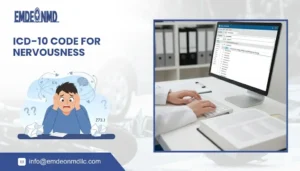

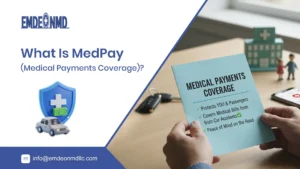

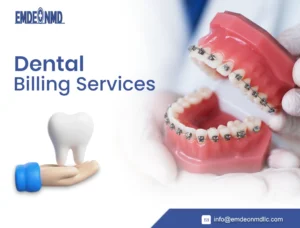

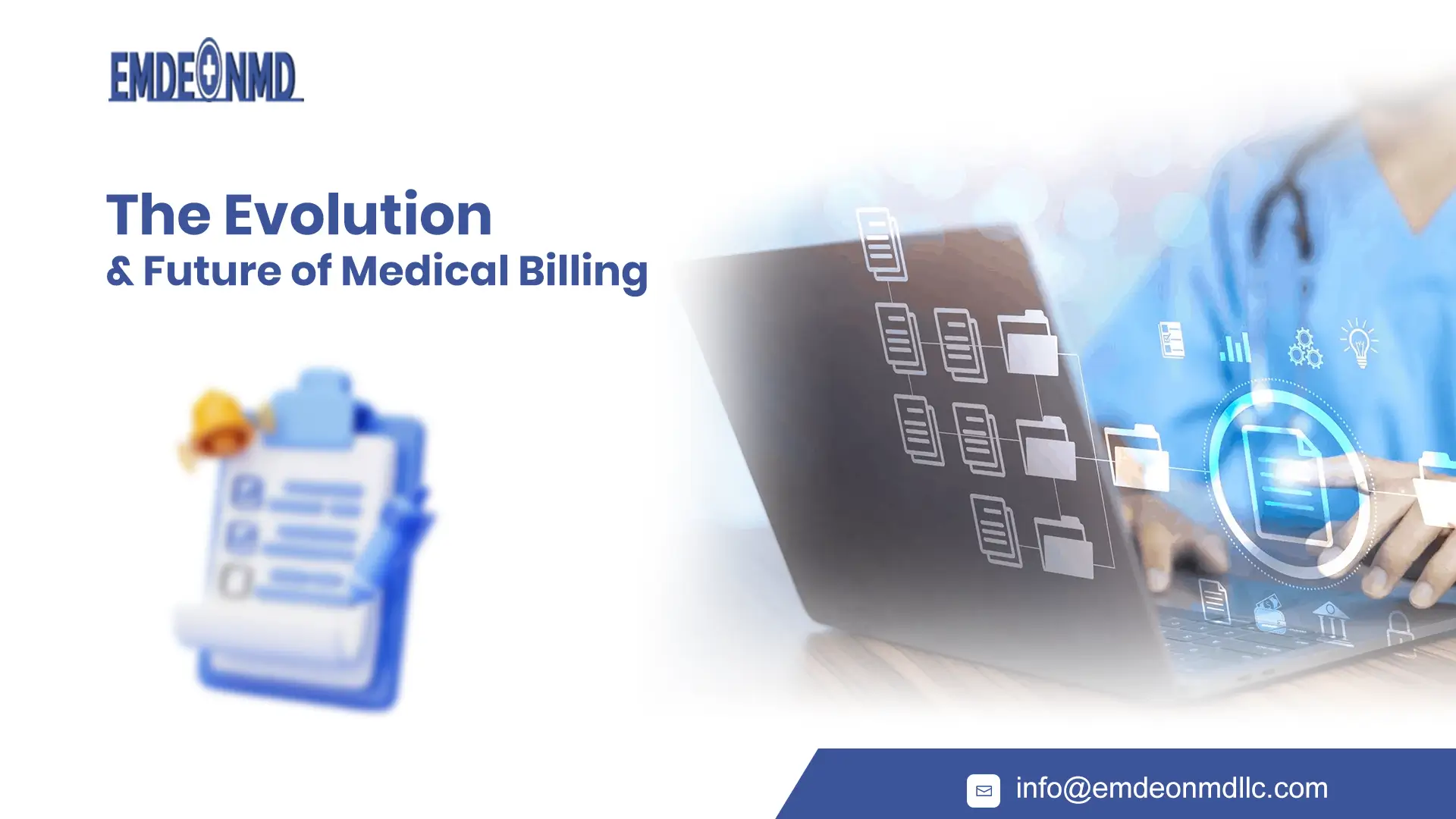
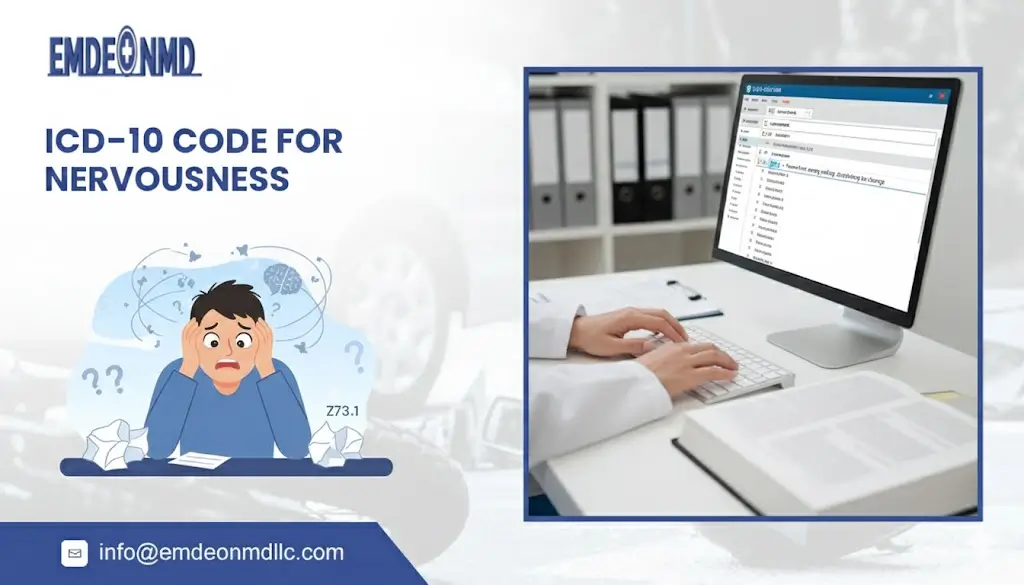


2 thoughts on “7 Most Common Denials in Medical Billing: How to Prevent and Manage Them”
You made some decent points there. I did a search on the subject and found most individuals will go along with with your site.
Great site! I am loving it!! Will be back later to read some more. I am taking your feeds also.